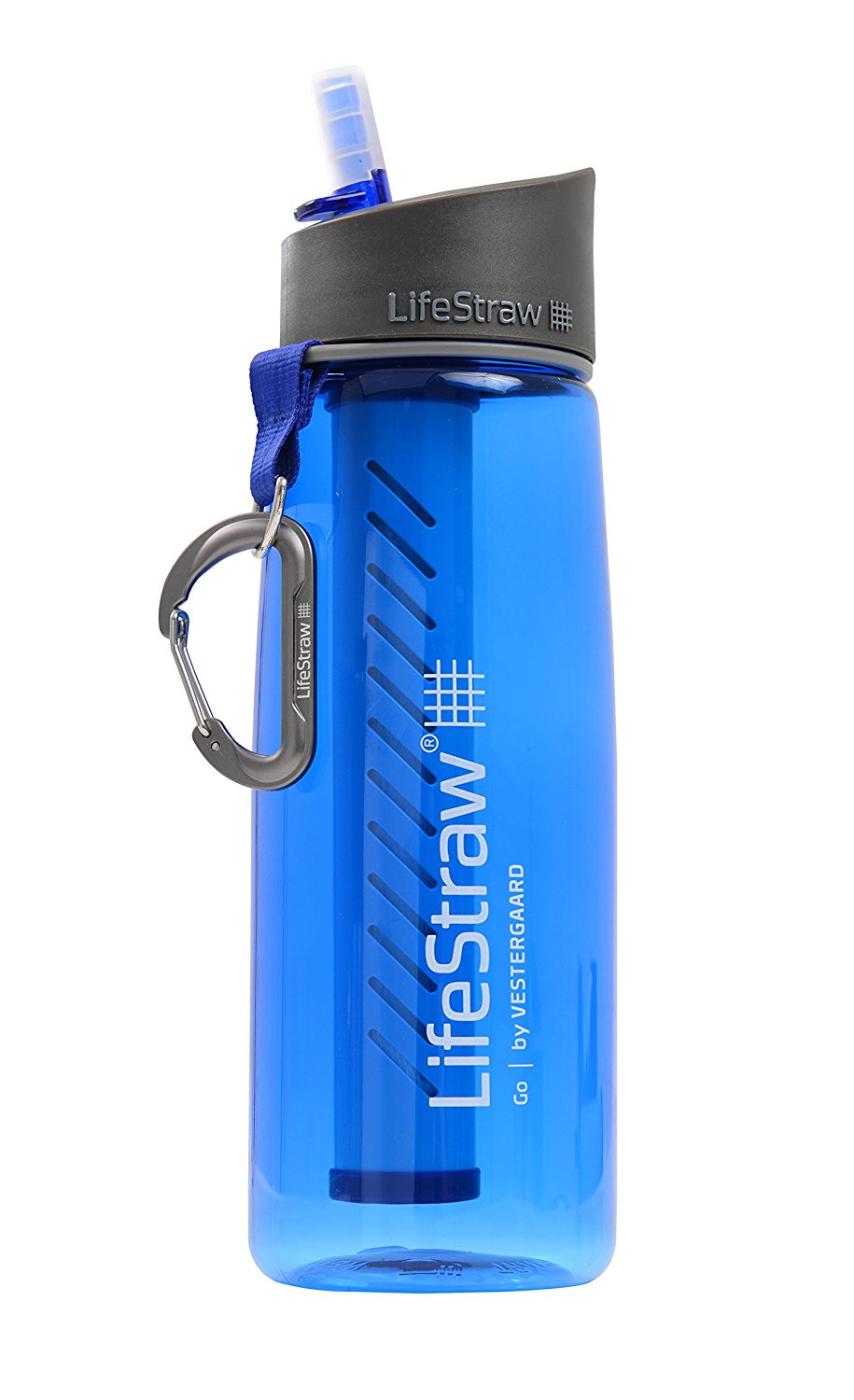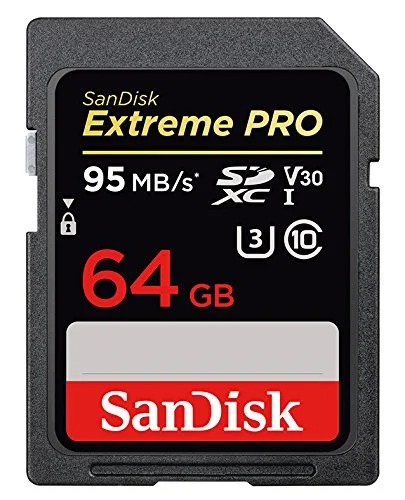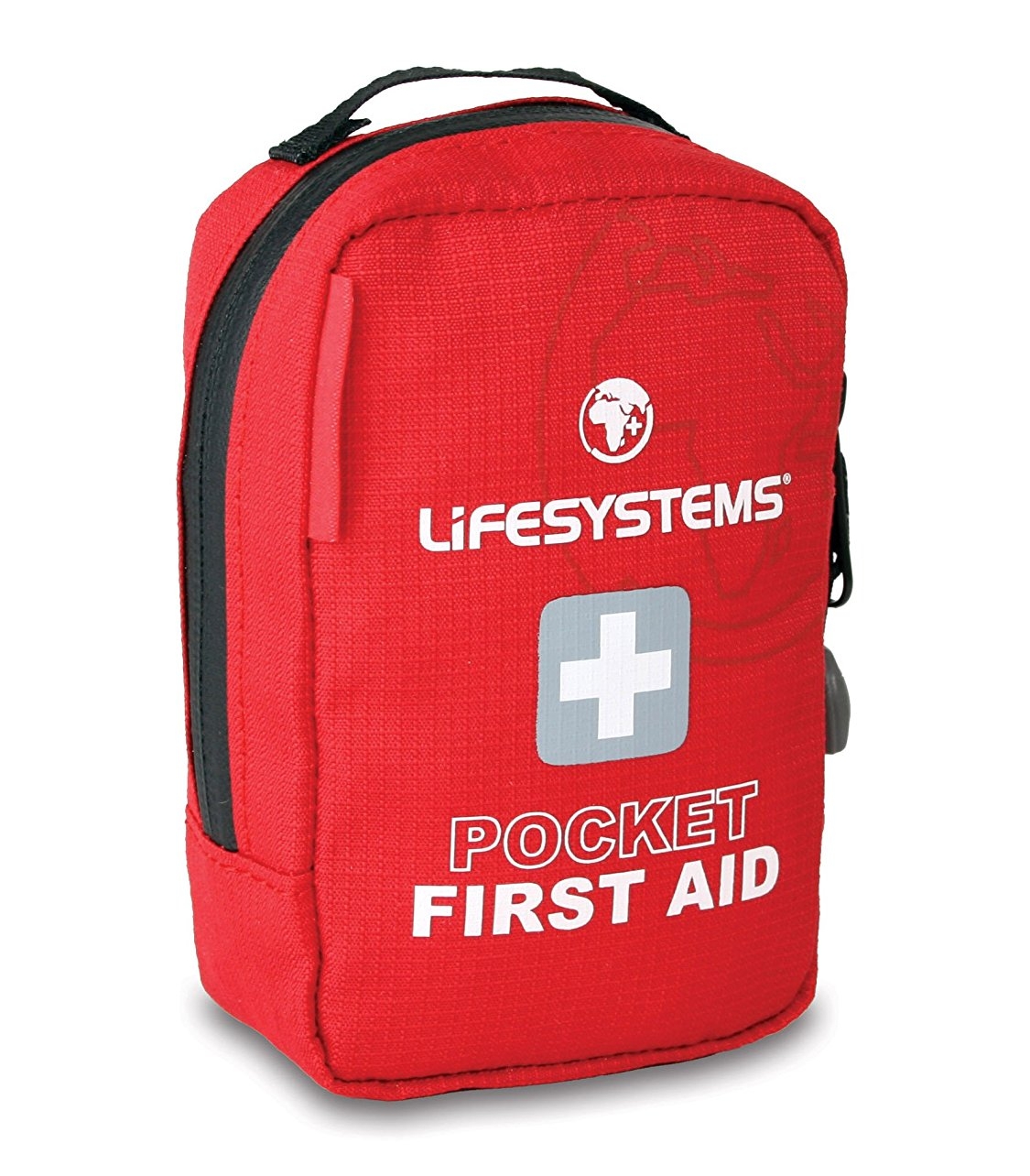Whether you're backpacking, on an overland tour, or travelling in your own style for a few months, there are certain items which belong in every travellers' Africa packing list.
These are the little things which we personally packed and travelled with during our three week visit, and view each as essential to making the Africa travel experience safer, easier, and more memorable - don't leave home without them.
Water Filtration Bottle
The drinking water situation throughout most countries in Africa means that travellers have to rely on accommodation providing filtered water, or buying plastic bottle after plastic bottle of safe drinking water. The former isn't convenient, whilst the latter does nothing good for the environment or landfill sites within the continent.
Instead, bring a reliable and hassle-free water source with you in the form of a Water-to-Go bottle, a Grayl Ultralight, or a LifeStraw. Both products are excellent for anyone visiting countries where the water is questionable as the in-built filters make contaminated water safe to drink. This means that you can fill up and pretty much instantly drink water from virtually any source, including rivers.
For our own Africa trip, we took two Water-to-Go bottles and we're happy to report no issues, sicky tummies, or illness!
You can buy a LifeStraw bottle here, or visit Water-to-Go and use 'ADR15' to get a 15% discount. To find out more about why we all need to reduce our plastic usage, check out this article.
Babywipes
As we were overlanding and camping for three weeks from Victoria Falls to Nairobi, showers weren't really a priority for us. Of course, we didn't want to become stinky travellers, but we either didn't have the time, the suitable facilities or the inclination to shower every day.
The solution? Babywipes! Excellent, cheap and versatile, these can give your body a freshening up with a quick once over in the morning and the evening, and keep the worst of the smells at bay! They're also great after a particularly dusty safari.
However, please make sure you only purchase biodegradable ones - most babywipes on the market are absolutely riddled with plastic and will not deteriorate for a very long time.
Whilst we're on hygiene, it also makes sense to pack a small bottle of liquid antibacterial soap to keep in your hand luggage (and always have some spare toilet roll in there too).
Mosquito Repellent
Perhaps the most important thing you will pack for Africa, after your anti-malarials, will be your mosquito repellent.
Not only is the risk of contracting malaria very very real, bites are annoying as hell; absolutely nobody wants to end up with legs and arms covered in angry, itchy mozzie bites.
We brought three 100 mls bottles of this mosquito spray to Africa. And you know what? It bloody well worked! Seriously, after three weeks we could count the number of mozzie bites we'd had on less than two hands. Not only that, but the spray is 100% natural, DEET-free, not tested on animals, and suitable for vegans.
If you need to know more about the importance of finding the right malaria tablets for your travels, or you don't think malaria is a risk for your Africa trip, please read this post and this post. We also recommend a visit to your nearest travel nurse or travel clinic for further advice before you travel.
Lastly, as effective as our repellent was, you should also wear trousers in the evening and cover your arms to help reduce the exposure to mozzies. If you are prone to mosquito bites, then definitely pack a bite relief pen.
You can find and buy the mosquito spray we used in Africa here.
US Dollars & More US Dollars
Thankfully, in the days before we left for Africa, our friends told us that however many US dollars we had already purchased, to go back out and double it.
Their advice was pretty much spot-on.
We travelled Latin America for two years, so are used to the rationale of having a stash of emergency USD handy. However, it turns out that a common mistake for people heading out to Africa is to underestimate the value of bringing in US currency, and how much you may depend it.
Visas, hotels and tours all were happy to take USD, whilst accessing local currency in a reliable manner via the ATM was very unreliable (due to both scarcity of ATMs and some ATMs we did find having run out of cash). This means that exchanging USD becomes your main route to getting the local cash.
So, take our advice and bring enough USD on your trip to Africa. Between the continent being much more expensive than people may think for travel, alongside ancillary costs such as tips for guides being an expectation, overall costs will likely be more than you anticipate.
We know carrying large amounts of cash when travelling is always a concern, so always make sure to hide and divide it amongst your gear.
In addition, to make managing your money easier, we recommend bringing at least two bank cards with you and at least one credit card. Whatever happens, you do not want to be left without any means to access your money if your card gets lost, stolen or eaten by the ATM machine.
You can read more on this approach to managing your money on the road.
Books
If you're taking an Africa overland experience like our three-week tour, or travelling independently on a network of local buses, then there is one thing for certain: there's going to be a lot of time to kill.
The transport infrastructure in the five countries we visited was way better than we expected, but the distances are vast. Eight to twelve hour days on buses will not be uncommon, so you're going to want to have some entertainment.
We both prefer hard copy books to electronic, but living out of your backpack for a few weeks means space will be at a premium. In that case, consider purchasing an e-book reader so you can load up on way more books than you could otherwise carry.
Andrew now prefers to listen to audiobooks and podcasts on those long bus days, so that's also a great option which won't add any kilos on your back. The best place for them is Audible, and you can sign up to Audible here for a 30-day free trial and free audiobook download.
Battery Pack & Convertors
Travelling in Africa inevitably means that you will be spending days and nights out in the bush. Total wilderness and isolation, alongside unique wildlife experiences, is a big draw for all of us - but it can result in a few issues with tech.
We now always travel with a lightweight portable battery pack so that we can keep our mobile phones fully juiced up wherever we are. Also, make sure you pack at least a couple of the appropriate plug convertors for the countries you're visiting, or invest in a universal plug adaptor like us, so you can have everything fully charged for the adventures.
Sarong
If you're visiting some of Africa's stunning beaches, then having a lightweight sarong rolled up in your luggage is perfect. Also, when visiting some of the more religious countries or areas, a sarong doubles up as a quick and convenient long skirt to cover up (sorry ladies).
We'll be sharing a more specific Africa packing article, focussing on clothes to bring, soon.
Head Torch
Whenever you travel in countries where the electricity supply may be temperamental or limited, and where nights spent out in remote nature are guaranteed, then you need to bring a head torch.
Our two Petzl headtorches are still going strong after accompanying us on our travels for the last four years - they were an excellent investment. If you are camping, then they will be one of the most important pieces of kit (after your tent and sleeping bag!).
READ NEXT | OUR AFRICAN DREAM
A Way To Get Internet
Our requirement for access to the internet is obviously a little different to most other travellers as we depend on it to run our business whilst on the road. However. in 2018, everyone's method of travel has become intertwined, and often dependent upon, an internet connection.
Travelling on a tour through Zimbabwe, Zambia, Malawi, Tanzania and Kenya, our ability to connect to a reliable and non-pedestrian connection was very limited. Extremely limited. We were of course staying at campsites primarily, but it's a recurrent theme for travellers that you can't rely on a good connection whilst travelling through most of Africa (of course there are exceptions to this rule). G Adventures recognise this for their Africa overland tours, and give everyone a connection through a wi fi box on their bus; again though, this came in fits and bursts.
If you really really rely on the internet, or it gives you peace of mind to be connected whilst travelling, you can buy local SIM cards as you go from country to country, which will come with data. Just make sure your phone is unlocked.
Alternatively, you can purchase an international roaming box like the GlocalMe. It doesn't need a SIM card and works off the fastest 3G or 4G signal locally available, with data purchased by you either in a bundle or pay-as-you-go via their app. We used this on our Africa trip and when it worked, it worked extremely well, and that ability to connect got us out of more than a few jams (including on the day we first arrived on the airline had lost our luggage in South Africa, and our hostel had no wifi). However, it wasn't able to connect at all in Tanzania and Malawi, so isn't a panacea to Africa's overall internet connectivity issues.
Swiss Army Knife
A multi-function Swiss Army knife is, quite simply, just a timeless and great piece of kit for travellers who like to go off the beaten path. We wouldn't ever go on a backpacking adventure (but remember not to leave it in your hand luggage at airports!!).
We use this one, with the bottle opener function being very well-used on all our adventures.
Big Data SD Cards
Everybody takes more photos when travelling in Africa. It's just that damn photogenic and, once you have a herd of elephants or a baby leopard hanging out in front of you, you won't hold back on clicking the shutter.
We mainly work with 64GB SD cards, only ever use the SanDisk brand, and always carry a few so that we don't have to worry about deleting shots whilst on the road. We recommend amateur and serious photographers take 2-3 large capacity SD cards as a minimum (also, the cheapest place to buy them is on Amazon as stores put a HUGE mark up on SD cards, especially in the airport).
Even if you're a casual photographer, or just use your phone, it makes sense to buy an increased capacity micro SD card for your phone for the trip (which will also hold more Netflix downloads, music or audiobooks) so you don't have to scrimp on space for videos and photos.
If you'd like to know more about the camera equipment we used in Africa, and on all our travels, read this article.
A Big Hat
It's hot. You're going to be out in the sun a lot. Bring a hat. And plenty suncream (it's expensive in Africa).
Travel First Aid Kit
Travelling to remote towns and villages does mean that certain things we all take for granted will be scarce or totally unavailable. It's therefore important to have reliable and direct access to basic things like antiseptic cream, plasters, bandages, painkillers and anti-diarrhoea medicaton in the form of a small first aid kit.
This post shows you how to make your own one, or you can simply purchase one of the pre-packed travel first aid kits.
On a similar theme, you should not travel to Africa without having a decent travel insurance policy. We use True Traveller, whilst World Nomads is also a well-regarded option (though usually a little more expensive).
Menstrual Cup
Obviously, this is one just for the ladies out there.
Getting access to your usual sanitary products will be difficult, and also costs more than at home. Emily now opts to travel with one of these re-usable silicon menstrual cups, which is easy to use, clean and store. It's also much better for the environment.
For more specific advice, read these tips on women's health on the road.
One Last Thing
Pack For A Purpose is a great charity fully supported by travellers like you. Simply use a small amount of space in your luggage to pack supplies needed by community projects around the world, and drop them off. Read more about their projects and how you can participate with just a bit of space in your backpack.





















